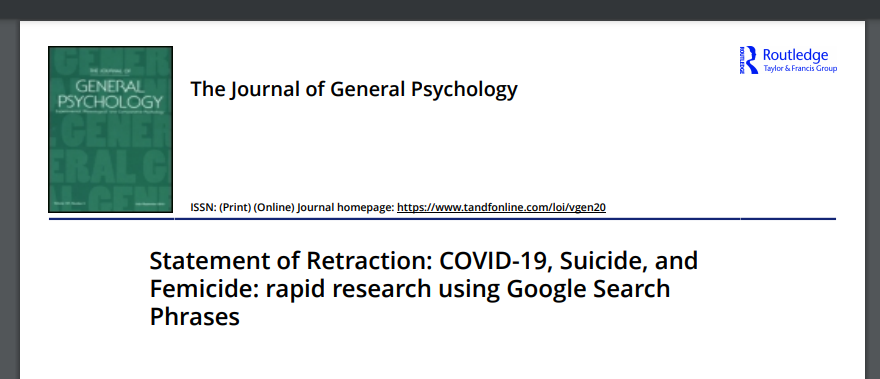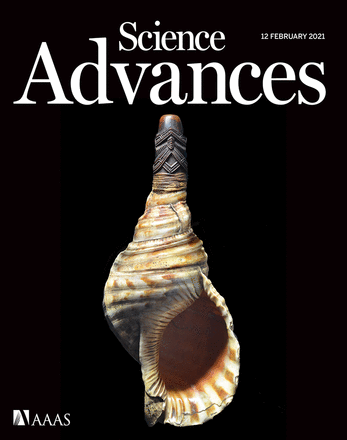The embattled mega journal Cureus has closed six of its so-called “academic channels,” which it bills as low-cost publication platforms that “will turn your organization into a publishing powerhouse,” Retraction Watch has learned.
The move follows a joint investigation in May by Science and Retraction Watch that found several organizations critics described as dressed-up paper mills had their own channels at the medical journal.
As we reported in September, indexing for Cureus, which is published by Springer Nature, was recently put on hold by Clarivate’s Web of Science, apparently due to quality concerns.
Continue reading Mega journal Cureus kicks out organizations critics called paper mills








